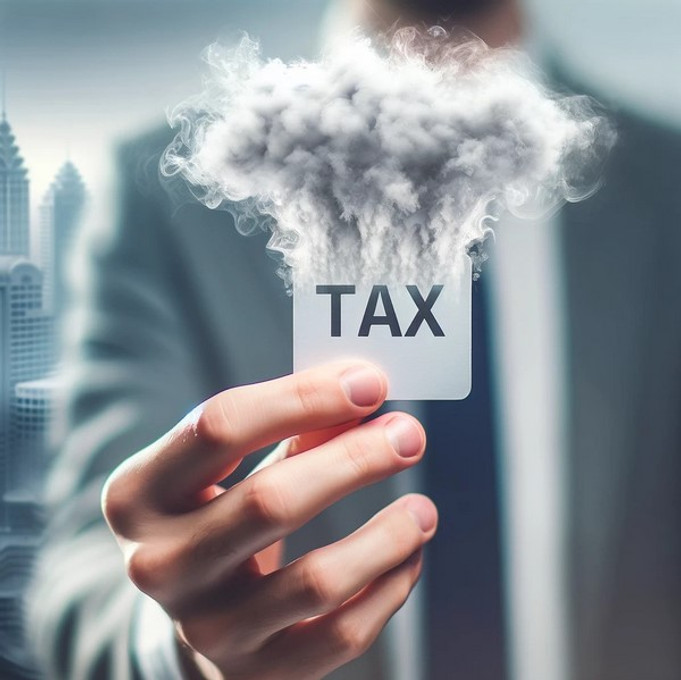
Government Considering New Vape Tax: What We Know So Far
29th Feb 2024
This week it’s been announced that the UK government is considering implementing a new vaping tax on all vaping products, including disposable vapes, in a bid to reduce the accessibility of vaping amongst young people across the country. Here’s what we know so far on what is due to be discussed at next week’s budget meeting:
Currently in the UK, vaping products are subject to a standard 20% VAT rate, but unlike traditional tobacco, they aren’t subject to a separate levy. The idea behind introducing a new and specific vape tax comes with the aim of making vaping products less impressionable and accessible to young people and non-smokers, with the idea that more expensive products will be off-putting to these audiences.
The news came after plans were announced last month to introduce a nationwide ban on disposable vapes along with restrictions on flavours and how they can be marketed and packaged, in a bid to reduce the attractiveness of the products to young people. It is also proposed that retailer fines for the selling of vapes to under 18’s could also be significantly increased.
It’s believed that this new levy will be applicable specifically to e-liquids which are used in most forms of vaping devices including disposable vapes, pod vape kits and pen style kits. The news doesn’t come as a surprise, with a first mention of vape tax being introduced during November’s King's Speech, where it was suggested that higher tax rates should be placed on products with higher nicotine content.
It is said that the newly proposed vape tax would be an ‘easy option’ for the chancellor, with the suggested changes raising a projected £40m increase for the NHS in this year’s Autumn budget. This will be as a result of manufacturers and retailers paying considerably higher prices for the import of e-liquid products into the country.
As part of the Autumn statement, a separate tax on tobacco products was introduced with a 2% rate increase, and it is said that along with the new tax on vaping products, tobacco duty could also be increased during next week’s budget, to ensure that vaping still remains a more affordable alternative to traditional smoking. Recent treasury analysis suggests that this, along with the new vaping tax could eventually raise around £500m per year.
This proposed tax increase, along with plans to ban disposable vapes could come into effect as early as the beginning of 2025 which will see retailers given just 6 months to make the relevant changes to their product offerings.
The impact on the UK’s 2.9million vapers will be considerable, leaving many out of pocket, paying for products that were introduced as a means to stop smoking and improve public health. The average vaper in the UK typically spends £275 a year on vaping fluid, meaning a five percent tax increase would cost them £13.75 annually, thus contributing to the projected £40m increase towards the NHS.
Whitehall sources are looking at these so-called “sin taxes” to raise cash for the health service’s spending crisis, with Chris Snowdon of the Institute of Economic Affairs comparing the newly proposed changes to “taxing bicycles to pay for the costs of obesity”. Further to this, Dan Marchant, a board member of the UK Vaping Industry Association has hit out at the plan, branding it ‘hypocritical’. He claims that vaping has been proven to be just as effective for smokers looking to quit as the likes of nicotine replacement therapies including patches and gum; both of which are either currently funded by the NHS or are eligible for receiving a tax break.
What do you think of the current plans to introduce a vape tax in the UK? Is it a cop-out excuse to raise additional funds for crumbling NHS, or is it a genuine means of preventing vaping amongst young people and non-smokers? Let us know!

